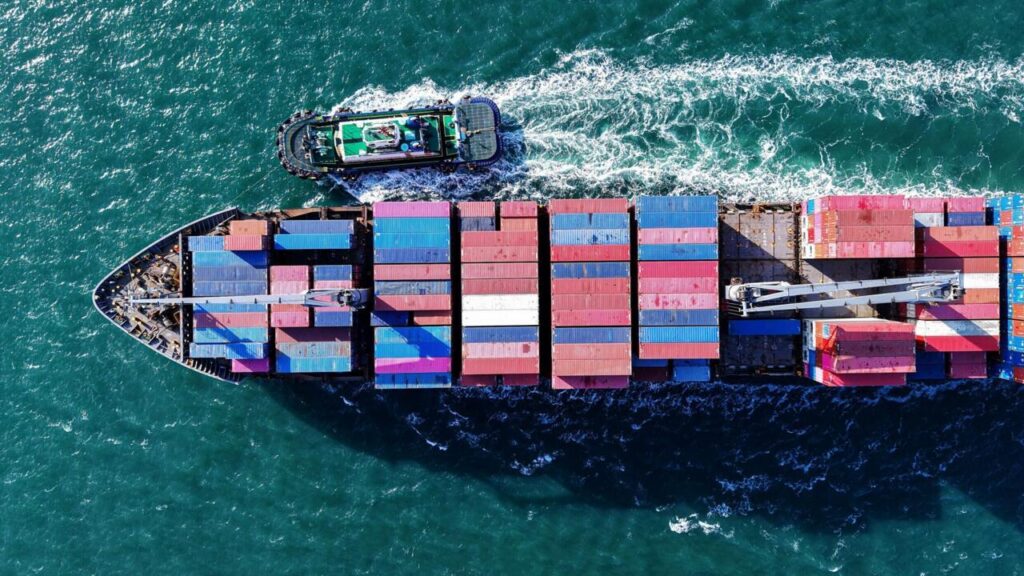Last Friday, the French government made a decisive move by temporarily nationalizing the shipyard STX. This action raises questions about France’s broader strategy to safeguard its strategic assets, including the possibility of similar interventions in sectors like container shipping.
A Temporary Takeover?
Bruno Le Maire, France’s economy minister, carefully avoided labeling the move as a nationalization. Instead, he framed it as the exercise of preemption rights to temporarily assume full control of STX. This decision came just before a deal brokered by the previous government would transfer 67% of the shipyard’s shares to the Italian firm Fincantieri. The French government’s intervention ensures that Italian ownership remains below 50%, preserving national influence over this critical asset.
The reaction from the Anglophone business press was swift and critical, with accusations of protectionism and state interference. However, this interpretation overlooks the broader context. France’s action appears less about reviving state dominance in the economy and more about countering the aggressive mercantilism of other nations.
Why STX Matters
STX is no ordinary company. It is a shipyard capable of constructing aircraft carriers and the world’s largest cruise ships—a segment of the shipbuilding industry that generates significant revenue. Fincantieri’s partnerships with China, a country aspiring to dominate global shipbuilding, have raised concerns about the potential leakage of strategic know-how. As Le Maire emphasized, the goal is to ensure that France’s advanced expertise remains within the European Union.
Could Container Shipping Be Next?
The spotlight now turns to CMA CGM, a major French container shipping company. Turkish businessman Robert Yildirim has expressed his intention to sell his 24% stake, with China Citic Bank tasked to find buyers. This presents an opportunity for China’s state-owned COSCO to expand its global footprint. A Chinese acquisition, even a minority stake, could grant China indirect control over Terminal Link, a CMA CGM subsidiary operating key port terminals in France. Given the French sovereign wealth fund’s role in rescuing CMA CGM during the financial crisis, the government may intervene to prevent foreign dominance.
Europe’s Divided Stance
The debate over how open-market economies should respond to aggressive mercantilism is not unique to France. Germany has recently strengthened its ability to block foreign takeovers in strategic sectors. During a June European Council meeting, French President Macron proposed a unified European approach to foreign investments. While Germany supported the idea, countries like Spain and Greece resisted, fearing it would deter foreign investors. Notably, these nations have already seen significant Chinese investments in their port infrastructure. Italy’s position remains pivotal, as it balances the potential benefits of Chinese investment against the risks of losing control over key assets.
Despite recent tensions between France and Italy, both nations share an interest in forging a coordinated European response to the challenges posed by expansive state capitalism. The coming weeks may reveal whether they can find common ground.


